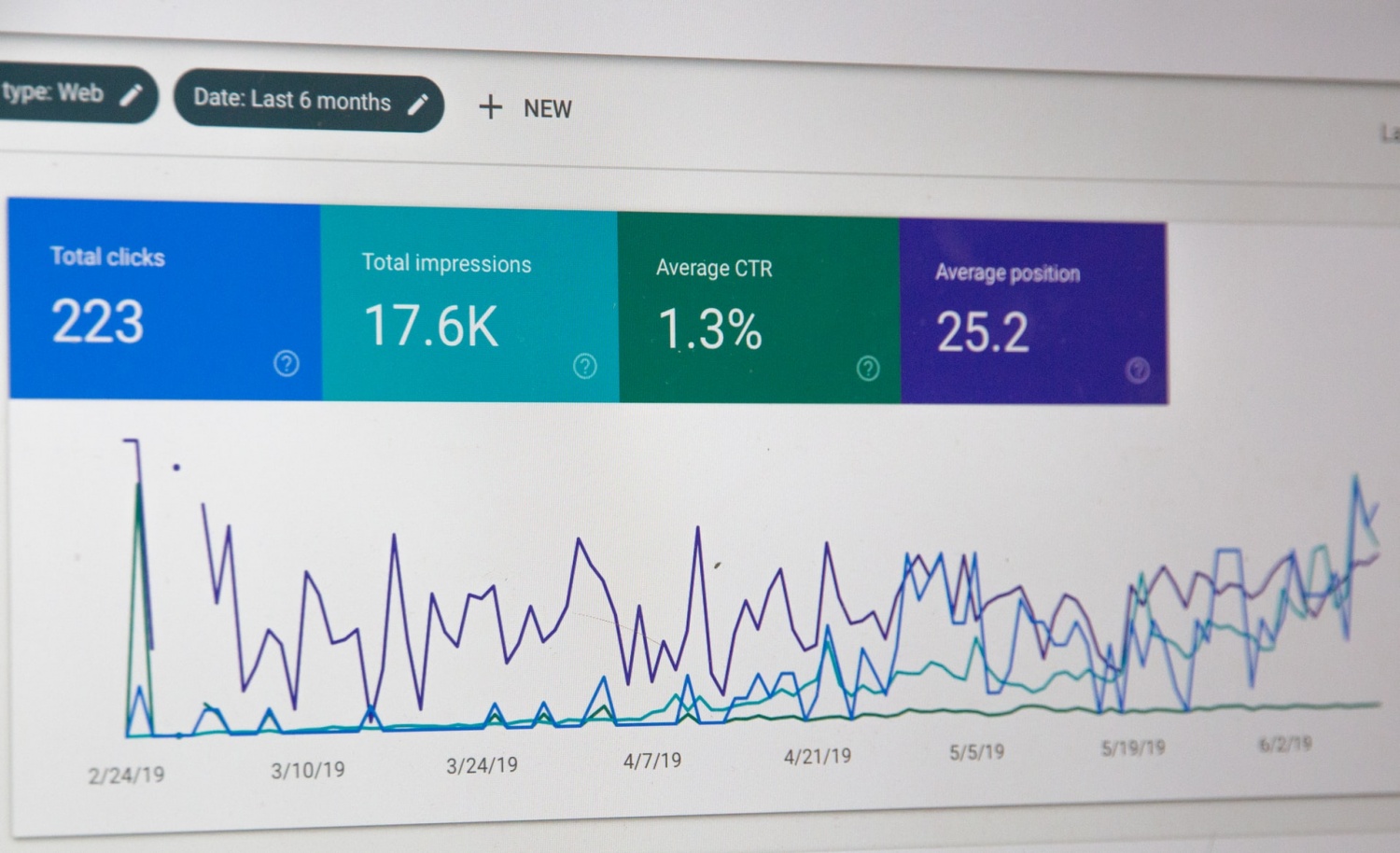Creating common keywords for your blog posts will not put you on a higher Google rank since several websites have done it before you. Your keywords should be unique, at the same time engaging to have an advantage from the competition to create a short and eye-catching piece.
To help small businesses jump over the lead competitors, using SEO Tools is beneficial because it will improve blog content and make it optimized for the web. It can also show how far you are in the ranking and your mistakes.
Several SEO tools are available online to help small businesses get the most online traffic and be one of the top sites readers search for. With that said, here are seven SEO Tools that you and your business can use for free to get higher Google rankings (via Moz and Ahrefs).
8. Sitechecker
Website Traffic Checker by Sitechecker is an excellent tool that can be used either as part of a SEO analysis or separately to obtain current traffic data. With Traffic Checker, you'll be able to receive Analytical and Optimization data: across numerous channels and time periods.
This information will appear in easy-to-read charts, graphs, and columns. Even if you're new to website ownership, the data provided will be simple for anyone to understand.
Traffic Checker provides you with the following information so that you can stay updated:
-
The number of visits for a certain period as well as total traffic
-
Different sources of visits
-
What actions visitors take on your site
-
Monitoring also allows users to see changes after site optimization.
7. Ubersuggest
Ubersuggest provides long-tail keywords to boost online traffic and suggests other keywords that are related to your blog post. The long-tail terms usually have five to six words keywords that people are searching online. Integrating it into your report will boost the site's ranking and traffic. The SEO Tool also offers SEO capabilities like basic link metrics and top competitor pages.
6. Answer The Public
Most keyword research tools get their data from Google Keyword planner, which is the same place everybody is using. However, Answer the Public is different. It suggests keywords from people asking questions from forums, Quora, Reddit, blogs, and social media and turns those questions into keywords that small businesses can use for the site.
Answer The Public also has a section dedicated to "versus" keywords, which is excellent because the keyword is not usually seen in other web pages and online sites. It is important to note that the people who search for the "versus" keyword are close to buying something, and they want to compare other products to the ones they are accustomed to.
Read Also: SEO Dos And Don'ts For 2020
5. MOZ
It is the original SERP tracker tool and is also one of the to-go algorithm trackers others use to check if there are significant updates on news or not. MOZ gives you a quick overview of how authoritative your site is or a competitor's site, or you want to analyze how authoritative publication might be.
4. Buzzsumo
Buzzsumo gives you ideas on what people might like. The site recommends news articles that have done well with the public and have extensive social shares, showing businesses what type of angle you want to create on your webpage.
Typing a keyword that has something to do on what you plan to make will generate an article with good online readability.
3. Ahrefs
Ahrefs shows small businesses how much traffic each of these pages is getting and from which keyword. It basically tracks the keyword and the business Google ranking from all devices and different locations over time.
Ahrefs also has a link intersect feature that shows you who is linking to your top three competitors but not linking to you. The good thing about this is establishing who is linking who, and if people are linking out to multiple of your competitors, there is a good chance that those people will be linking to you.
2. Small SEO Tools
Small SEO Tools provides several tools that can help small businesses get ahead of the competition. The most prominent feature of the SEO tool is the plagiarism checker that ensures your content is 100 percent original and unique.
1. Google Trends
Using Google Trends will show small businesses how well their brand is doing in time. Typing your business versus other competitors will show you which company is more significant.
Google Trends will also show you how other brands from other locations are doing with their ranking.
Related Article: SEO Guide for Small Businesses: Tips and Tricks to Outrank Your Competition in Google














